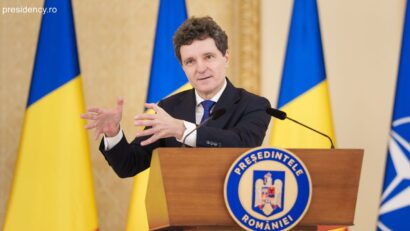Uncertainty in Chisinau
The Moldovan pro-European Government says it is backed by a parliamentary majority that is getting more fragile by the day.

Bogdan Matei, 23.10.2015, 14:45
Political pundits in Chisinau have for some time now been talking
about the end of an era. Six years after taking power, against the backdrop of
street protests that put en end to the long pro-Russian, Communist governance
of 2001 – 2009, the three-party government alliance, an avowed pro-western
coalition, is more divided than ever. Seriously discredited by top-level
corruption scandals and the increasing degradation of the living standards, the
power in the Republic of Moldova, a state ranked as the poorest in Europe by
many specialist classifications, has now to take the test of a no-confidence
motion tabled by the leftist opposition.
42 Socialist and Communist deputies
are calling for the resignation of the Liberal Democrat PM Valeriu Strelet, who
is accused of defending his former party chief, Vlad Filat, now arrested on
corruption charges. The deputies also accuse Strelet of being involved in
dubious affairs himself. The Socialist leader, Igor Dodon, one of the Kremlin’s
favorites, also calls for the resignation of the country’s President Nicolae
Timofti and for holding early elections, meant to reshuffle the administration
from top to bottom.
In turn, the former Moldovan Communist president, Vladimir
Voronin, has suggested the setting up of a government of technocrats to be
supported by a large parliamentary majority, but without the participation of
the Liberal Democratic Party. For the no-confidence motion to pass, another 9
votes are needed besides the half plus one of the votes of the 101 MPs. But,
according to Radio Romania’s correspondents to Chisinau, after Filat’s arrest,
disagreements within the governing alliance, self-styled as the Alliance for European
Integration, have become more visible, and the Democrats and Liberals, partners
of the Liberal Democratic Party, started to vote in Parliament alongside the
Socialists and Communists on punctual issues.
Furthermore, the speaker of
Moldova’s Parliament, Andrian Candu, announced his party would decide next week
if they would support or not the no-confidence motion against the government
they are part of. Given the context, the Moldovan mass media has taken the
opportunity to remind of the Communist past of some of the party’s top figures
such as Marian Lupu, Dumitru Diacov, who was frequently accused of being a
member of the Soviet secret services and Vlad Plahotniuc, the oligarch
connected with the mafia and considered the de facto leader of the Democratic
Party.
Invested as PM this summer, Valeriu Strelet labels the no-confidence
motion against his cabinet as an attempt to politically and economically
destabilize the Republic of Moldova and to divert it from its European
integration path. Romania is concerned with the worsening political situation
in the neighboring Republic of Moldova, to which it has recently granted a loan
worth 150 million euros. The PM Victor
Ponta has warned that Romania will continue to support the Republic of Moldova
if and only if they have a pro-western government. The breaking of the
alliance, the Romanian PM has also warned, could create advantageous
opportunities for the Russian Federation, which it will not fail to take.






























